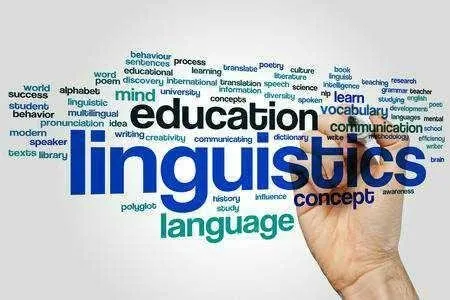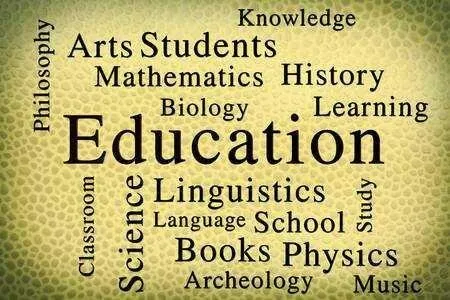Having discussed linguistics in my previous post and before I progress to Applied Linguistics, let consider:
Natures of Linguistics and
Subcategories of Linguistics.
Nature of Linguistics
Linguistics nature can be delineated as all of the following:
An academic discipline: linguistics is a body of knowledge that can either be given to or been received by students in school setting. It is a category or sphere of knowledge. In other hand, a field of study, that an individual or a student has decided to specialise in.
A field of science: it is a broaden recognized branch of specialized expertise dealing in science, packaging and encompassing its own specialized and peculiar terminology, nomenclature, and scientific theories.
A social science: nature of linguistics can also be said to be a field of academic scholarship that encourages spheres of human societies in collaboration with the languages they use in communications.
Subcategories of Linguistics
Theoretical linguistics: this category is the study of language in abstract and original order.
Cognitive linguistics: this is the study of language in relation with cognitive domain.
Generative linguistics: this one has to do with the theory of grammar as a mental merit that forms complete sentences.
Quantitative linguistics: this is regarded as the study of mathematical language, universal theories, laws and principles.
Phonology: this is the usage of uttered sounds and methods of sounds to form existence of language.
Graphemics: has to do with the study of language specifically to its system of writing.
Morphology: we talk about morphology when referring to the property of sound and meaning change in a language.
Syntax: this deals with the property of grammar as concerned sentence structure.
Lexis: it deals with the complete set of words as far as any language is concern.
Semantics: this is the study of meanings as implied in language sentences.
Pragmatics: here, we study how context of communication or environmental factors contribute to meaning much deeper than what the utterance literarily means.
Descriptive linguistics: this is study of how a particular language is being used by speakers.
Anthropological linguistics: the study of our language in association with its lager social and cultural context, as well as its contributions in making and sustaining cultural practices and societal structures and attributes.
Historical linguistics: here we talk about study of history of language as it changes from one generation to another.
Comparative linguistics: this is languages study to search for similarities and historical connections between languages.
Phonetics: it is the study of the faculty of speech making in relation with phonology.
Graphetics: this study refers to writing of shapes as in identification of sounds or ideas that maybe represented.
Etymology: this inculcates the study of words histories and where they originated from.
Sociolinguistics: the study of all effects that society has on language of its people.
Applied linguistics: this is use of linguistics to providing lasting solutions to real-life problems of language.
Evolutionary linguistics: it is known to be a category of psycholinguistics that deals with studies of the psychosocial and cultural factors as they are involved in the actual language etymology and the development of universality of the language.
Forensic linguistics: language science is of application to the processes and principles of law and justice.
Internet linguistics: taking of language study usage to the Internet.
Language education: here we talk about the teaching of specific language and its science.
Linguistic anthropology: here we go into studying of how language influences and affects our social lifestyle.
Neurolinguistics: this refers to the study of the connections and links noted between language and neurology.
Psycholinguistics: this is referred to as the practical study of the psychological and neurobiological factors that give power to human beings to acquire, use, understand and get ability to produce language.
Language acquisition: this talks about the study of how little children, youths and adults acquire language, its knowledge and ability as for effective communication.

